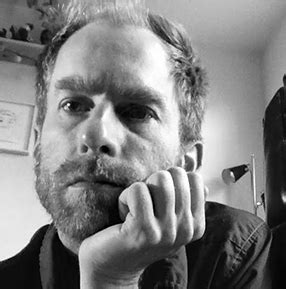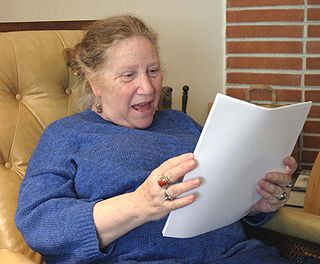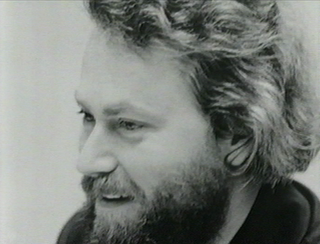A Quote by Amiri Baraka
The poet is someone, I think, who's interested in registering experience immediately or giving you the sense of immediacy and directness.
Quote Topics
Related Quotes
A trouble with poetry is the presence of presumptuousness in poetry, the sense you get in a poem that the poet takes for granted an interest on the reader's part in the poet's autobiographical life, in the poet's memories, problems, difficulties and even minor perceptions. I try to presume that no one is interested in me. And I think experience bears that out. No one's interested in the experiences of a stranger - let's put it that way. And then you have difficulty combined with presumptuousness, which is the most dire trouble with poetry.
I once gave a workshop and I asked the women poets there, If you went back to that little town you've come from - these were from small towns - would you say, I'm a poet? And one of them said, If I said I was a poet in that town, they'd think I didn't wash my windows. And that stayed with me for so long, the sense of the collective responsibility of someone as against the individual thing it takes to be a poet.
Part of the pleasure of giving a reading comes from the rapport between the audience and the poet. I don't want to get mystical here, but there's an energy flow that begins with the poet, and the energy goes out to the audience, and they're energized, and then they return that energy to the poet. As someone standing up there alone, facing these people, I can feel that rapport (or its absence).
Isn't it curious how one has only to open a book of verse to realise immediately that it was written by a very fine poet, or else that it was written by someone who is not a poet at all. In the case of the former, the lines, the images, though they are inherent in each other, leap up and give one this shock of delight. In the case of the latter, they lie flat on the page, never having lived.
I think the poet is the last person who is still speaking the truth when no one else dares to. I think the poet is the first person to begin the shaping and visioning of the new forms and the new consciousness when no one else has begun to sense it; I think these are two of the most essential human functions.







































